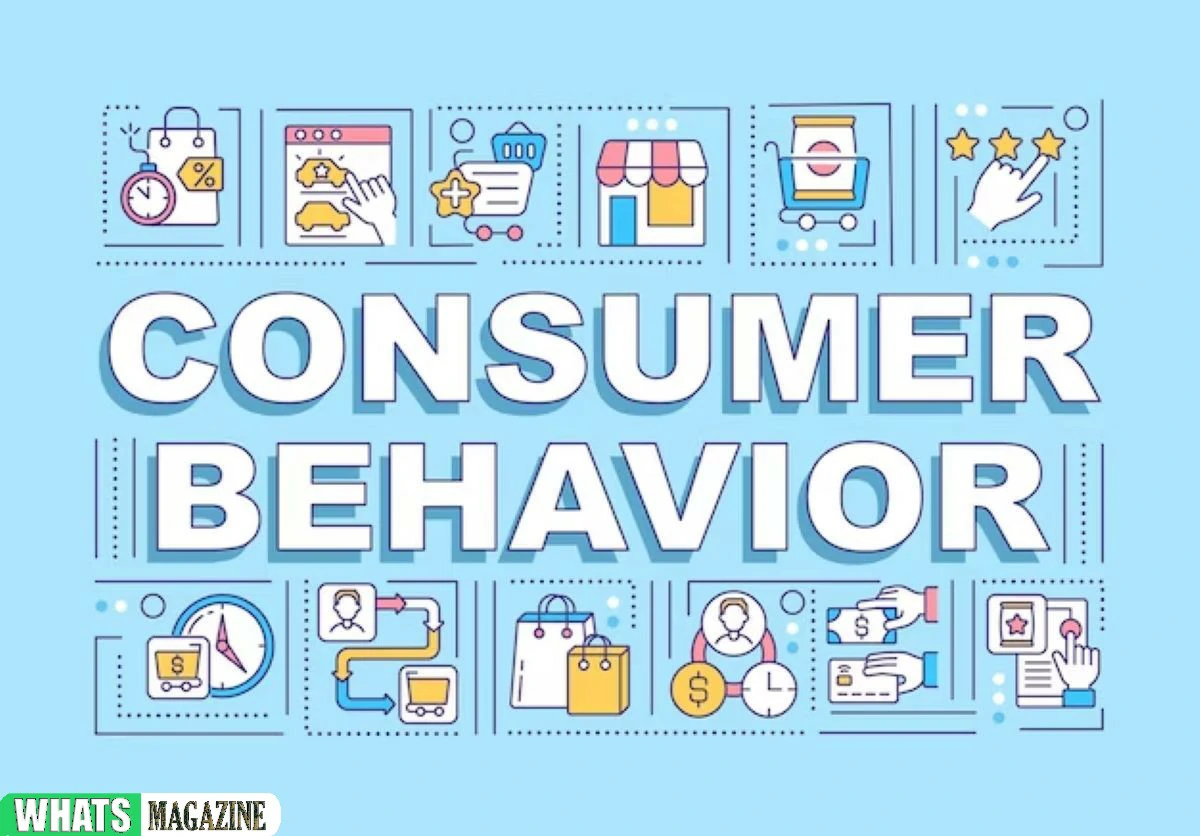In a world bursting at the seams with information, the power of marketing analytics cannot be understated. Imagine navigating a vast ocean without a compass or a map. That’s akin to making business decisions without data-driven insights. Understanding the market’s pulse has become paramount in the ever-evolving consumer landscape. Let’s embark on a journey to unravel the mysteries of consumer behaviour and spotlight the transformative potential of marketing business analytics in today’s businesses.
In this article
1. The Digital Footprint: Every Click Tells a Story
In today’s interconnected world, consumers leave traces of their preferences with every online interaction. Every click, search, and purchase unfolds a chapter in their unique journey. Think of these as breadcrumbs in a vast digital forest. With the right tools, businesses can follow these trails, gaining invaluable insights into the hearts and minds of their audience. This is the magic of marketing business analytics. Companies can tailor their strategies by analyzing these digital footprints, ensuring they resonate with their target audience.
2. Predictive Analysis: Peering into the Future
Predicting future trends may seem like the realm of mystics and fortune tellers, but it’s rooted in data in the modern business landscape. Have you ever wondered how some companies seem to be one step ahead of the curve? They leverage the power of predictive analysis. These tools offer a crystal ball into potential future actions by studying past consumer behaviours and spotting patterns. This allows businesses to position themselves effectively, anticipating and catering to the needs of consumers even before they fully realize them themselves.
3. Personalization: Crafting Unique Experiences for Each Consumer
Have you ever felt that a particular advertisement was designed just for you? That’s the power of data-driven personalization. In the vast market square, where countless brands vying for consumer attention, personalized experiences stand out like a beacon. By harnessing marketing business analytics, businesses can segment their audience based on preferences, past interactions, and behaviours. This segmentation ensures that every marketing message, product recommendation, or service offering feels tailor-made. The result? Enhanced consumer engagement and brand loyalty.
4. Real-time Adjustments: Pivoting with the Pulse of the Market
The business world doesn’t stand still. Trends shift, preferences evolve, and what’s in vogue today might be passé tomorrow. So, how do companies keep up? The answer lies in real-time data analysis. Imagine a ship captain adjusting the sails based on the changing direction of the wind. Similarly, real-time marketing business analytics enable businesses to tweak their strategies on the fly, ensuring they always remain aligned with the dynamic market currents.
5. Measuring ROI: The Litmus Test for Business Strategies
For businesses, every strategy, campaign, or initiative boils down to one critical question: What’s the return on investment (ROI)? In the past, measuring this might have been a game of guesstimates. But today, with advanced marketing business analytics tools, companies can precisely gauge the impact of their efforts. It’s like having a precise measuring scale, ensuring every penny spent is accounted for and its impact quantified.
Adobe states, “Marketing analytics can demonstrate return on investment, plan more campaigns and measure performance. Using benchmarks, tracking and predictions, it looks to the past, present and future to help marketers make data-driven decisions.”
The role of marketing business analytics in shaping modern business strategies is undeniably profound. As businesses strive to decode the complex tapestry of consumer behavior, data emerges as the North Star, guiding their decisions, informing their strategies, and ensuring they resonate with their audience. Understanding consumers’ preferences and behaviors becomes the bedrock for sustainable success in a world where they are inundated with choices. Through the power of data, businesses can not only meet but anticipate and shape consumer desires, ensuring they remain ahead in the ever-competitive market race.








